Nature reports
Page 3 of 38 - 372 Results
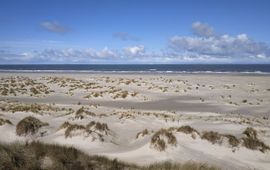
Dunes are considered to be essential for coastal protection. In countries like the Netherlands, where one third of the country is below sea-level, it is crucial to understand how they grow. Sand will play a role, of course, but..

The Netherlands is a delta, a country that exists by the grace of water. Yet only in 1957 a professional ecological research institute for fresh water was established: the Hydrobiological Institute, a precursor of NIOO-KNAW. In..

With a recent publication in the journal Scientific Data, NIOZ researchers have made the data from the SIBES research programme from 2008 to 2021 available to the community. In SIBES, all tidal flats in the Dutch Wadden Sea are..

The Dutch contributing partners of the international MiningImpact3 consortium have been awarded 1.4 million euros. The money will be used to study the long-term ecological impacts of deep-sea mining, as well as the legal and..
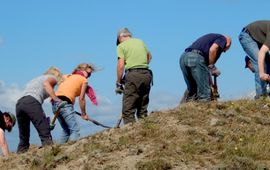
The image of the classic nature volunteer – an older man with binoculars and a passion for nature conservation – no longer seems to hold true. A recent study by Wageningen University & Research shows that Dutch people engage with..
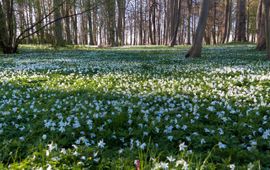
Plants in the shade utilize more light for photosynthesis than previously thought. A team of researchers from Utrecht University and Wageningen University & Research (WUR) describe how, in the scientific journal Plant Cell &..
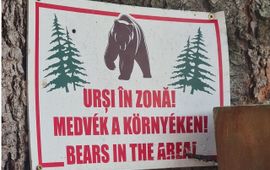
As human populations grow and climate change alters habitats, conflicts with Eurasian brown bears are on the rise. Wageningen University & Research has developed the Human-Bear Conflict Radar, an online tool that uses modelling..
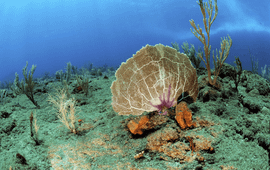
A recent study explored the spread of a disease affecting sea fans in the Dutch Caribbean. Known as multifocal purple spots syndrome (MFPS), this disease is caused by parasitic copepods and has significant impact on the health of..
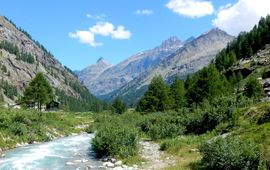
Scientists call for immediate action to reaffirm commitment to sustainability. In light of unprecedented environmental challenges and a growing planetary crisis, scientists from across Europe have issued an urgent appeal to EU..
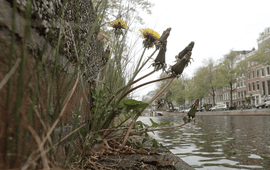
City dandelions grow better in hot summers and flower better after mild winters than their rural counterparts, according to research by the Netherlands Institute of Ecology (NIOO-KNAW) that compared dandelions from the centre of..
